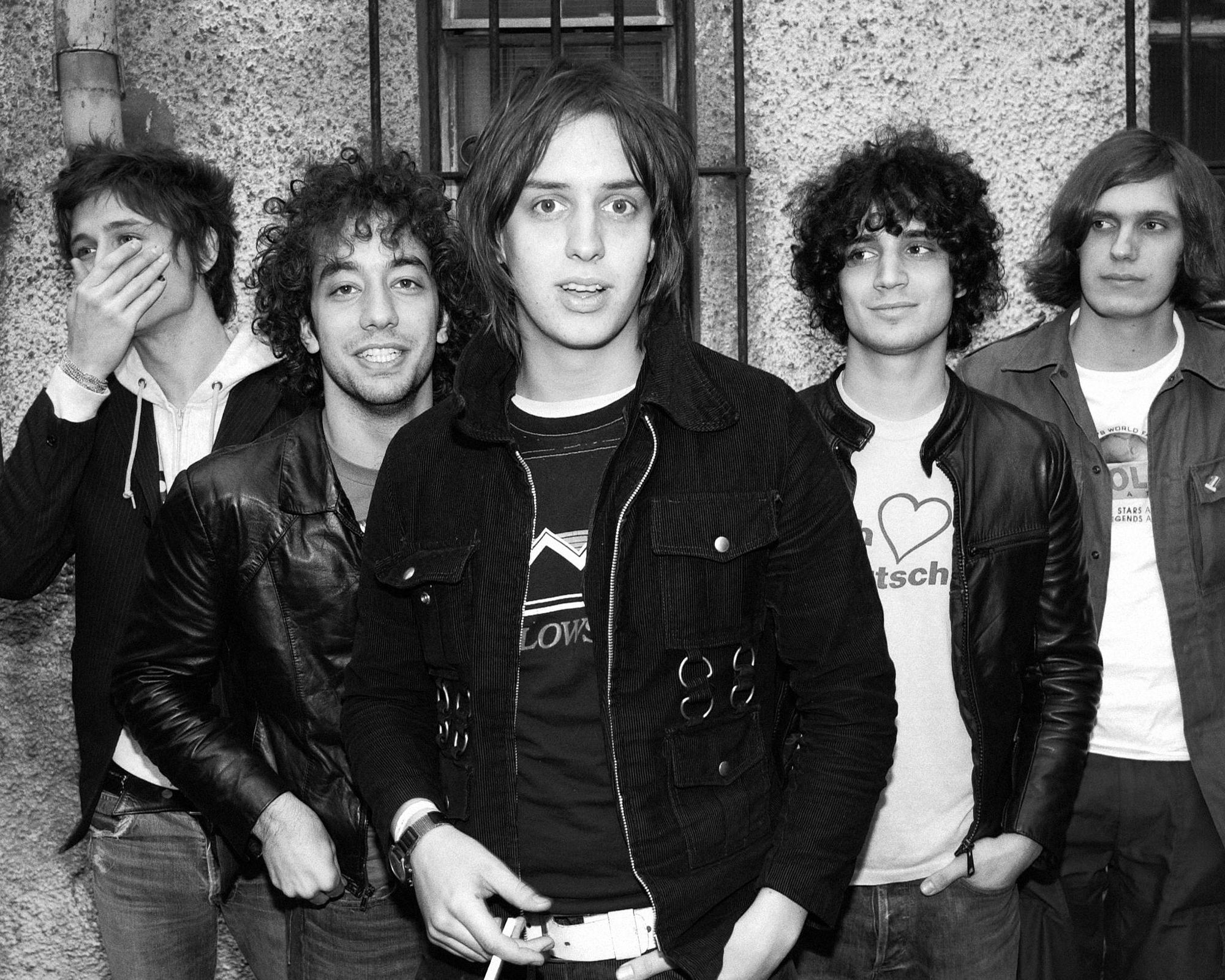Father Time certainly waits for no one and spares no victims.
Our pets, beloved—and not so beloved—family members, and weird dudes you met in high school all eventually get old and fade away.
I always thought that the nonmaterial things in our age of digital permanence would last forever.
Oh, how I was wrong.
Indie-rock—the cool music we all should have listened to in high school—is dead.
Think about it, can you name one prominent indie-rock band nowadays?
Even harder, can you name one that’s not just still around from 2011?
Our fears have come true: indie-rock went mainstream and disappeared.
The heydays of Modest Mouse, LCD Soundsystem, The Shins, MGMT, The Strokes, Vampire Weekend, the Yeah Yeah Yeahs, the Black Keys, the Vaccines, Artic Monkeys, Cults, Sleigh Bells, Phoenix, TV on the Radio, Two Doors Cinema Club, Metric, Fouls—you get the point—are long behind us.
All that remains is a sad nostalgia of when we were young and hip.
Pretty soon we’ll be voting Republican, collecting our Social Security benefits, and eating cream of wheat every day—quite a dreary future.
I mean, Vampire Weekend hasn’t done anything since 2013, and founding member Rostam Batmanglij left in 2015.
All Ezra Koenig’s been doing lately is playing at Bernie rallies and writing Americanized anime—surely a representation of these dark times.
I bet you haven’t even heard of the Fouls albums after 2013’s Holy Fire.
The Strokes have released some good stuff recently, but it just isn’t the same—and no one is listening to it like they used to.
What went wrong?
How is 2017 so different than 2011?
I guess everyone now cuffs their pants instead of just those who listened to their iPods filled with pirated Radiohead.
Perhaps 2011 was a more upbeat time; a time when people were finally breaking out of the late 90s and early 2000’s mold.
After all, sagging one’s baggy pants was certainly still a thing in 2009.
Pretty soon we’ll be voting Republican, collecting our Social Security benefits, and eating cream of wheat ever day – quite a dreary future.
Even in 2011, the world was still captivated by mid-2000s pop—Black Eyed Peas, Lady Gaga, and Katy Perry.
The point is that the trends started by early indie-rock acolytes—a.k.a. “hipsters”—eventually folded into the mainstream culture, thus brutally murdering the subculture that supported the genre of indie-rock.
So where did the hipsters go?
Some evolved into hip-hop heads—which is forgivable seeing the recent hip-hop renaissance of Tyler, Kendrick, Earl, etc.
Some transitioned to the memetastic vaporwave subculture.
Some simply stopped following new music—stuck in a cycle of only listening to the aforementioned bands.
Some grew up and just became lame, I suppose.
More relevant is that indie-rock bands just haven’t made music with the same punch as in 2011.
Perhaps indie rock was doomed to fail—most bands in the genre sound a tad too similar.
A person can only listen to the same upbeat riffs so many times, after all.
However, deeming indie-rock as merely a fad devalues the subculture and influence the genre has had on 2017 music.
Off shoots like psychedelic rock and, arguably, indie folk are still going strong—Tame Impala’s Currents was a hit.
Spotify dubs indie R&B/funk/electronic-esque music as “Escape Room”—and it has seen increasingly popularity at the expense of indie-rock.
Escape Room is a smorgasbord of music including Solange, Death Grips, Blood Orange Toro y Moi, The Avalanches, Yuno, YACHT, and Santigold—music I often see former indie-rock hipsters jamming out to.
Now, this genre isn’t dramatically different than indie rock, but one could argue it’s, in a way, more mature.
Solange and Dev Hynes are jamming about systemic racism and current events—something that hardly occurred during the pinnacle of indie-rock.
Perhaps “Escape Room” merely reflects the needs of those 2011 hipsters to flee to another semi-underground genre after the mainstream takeover of indie-rock.
Soon enough that genre will be dead as well as new folks urgently seek a new genre to adopt in order to be different from the norm.
Alas, indie-rock is dead and its successors will die, but in the age of Trump, at least punk is making a comeback.
